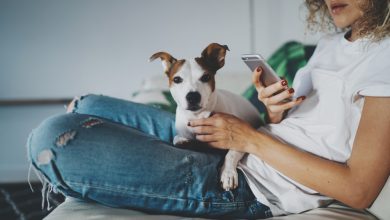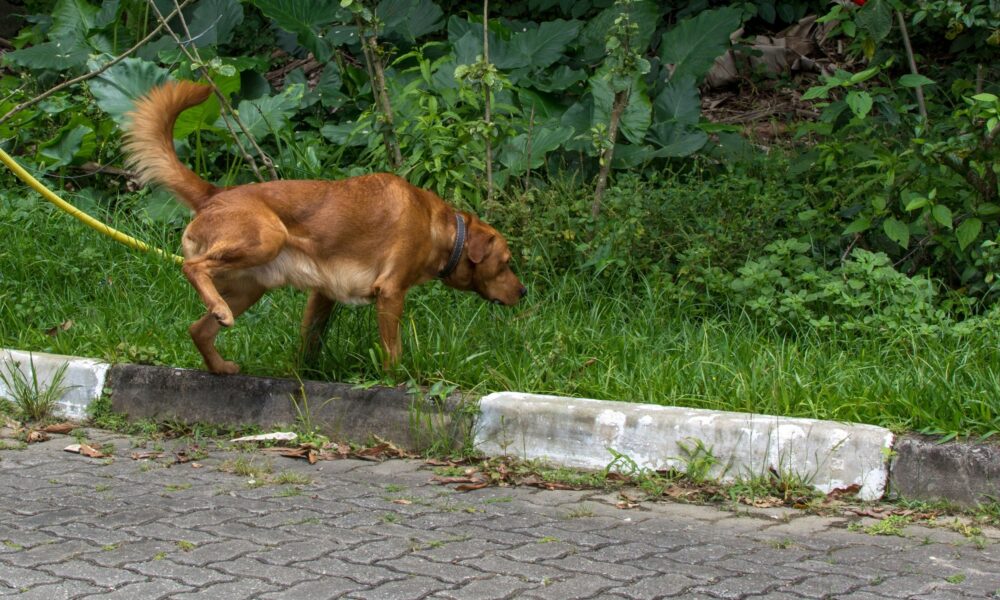
Having a dog in your home provides valuable companionship and improves overall mental health. But all dog owners also know the frustration of having their pet pee on their favorite cushion.
Your dog’s peeing inside the house could be due to a variety of factors. It could be something as simple as him drinking too much water and not being able to frequently go outside. It could also be because he hasn’t been adequately house-trained. So, here are five tips on how you can stop your dog from peeing inside the house:
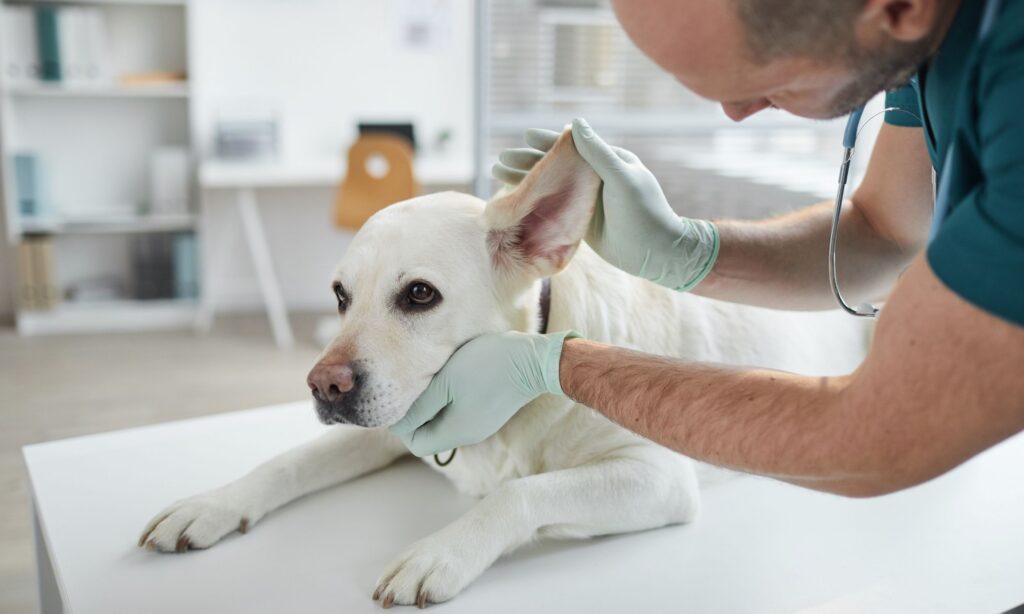
Tip #1: Spaying or neutering your dog
Dogs use urine to mark territories they consider to be theirs. A variety of other factors may also cause this behavior. However, it is common, especially with dogs that are not spayed or neutered. Your dog’s urine marking should be reduced or stopped if they are spayed or neutered.
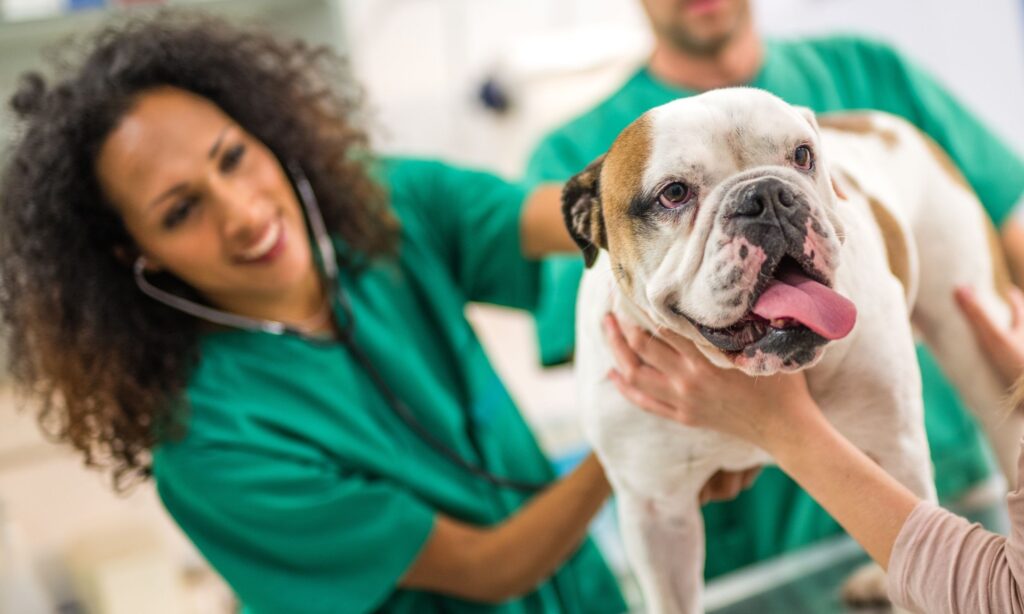

Tip #2: Consult your veterinarian for any underlying health conditions
Proper medical treatment is vital for both your dog’s health and solving the peeing problem. Any out-of-character occurrences in your dog should be immediately consulted. If the problem is not a medical issue, the veterinarian can determine other factors affecting your dog’s urination.
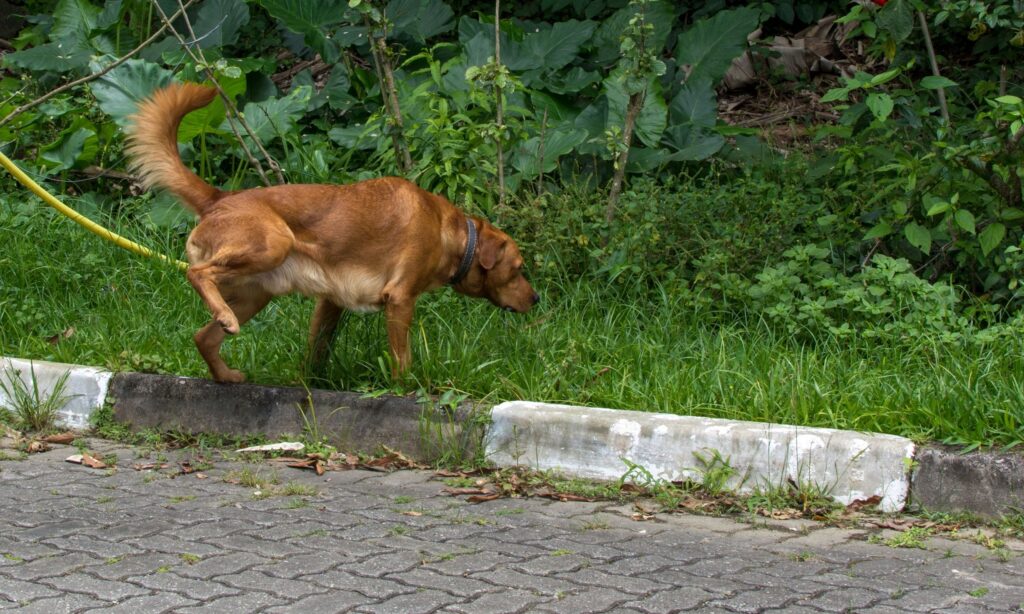

Tip #3: Review the training process
Establishing a routine is essential when potty training a puppy. For older dogs, you may need to revisit the house training. Provide constant supervision and adjust bathroom breaks if needed.
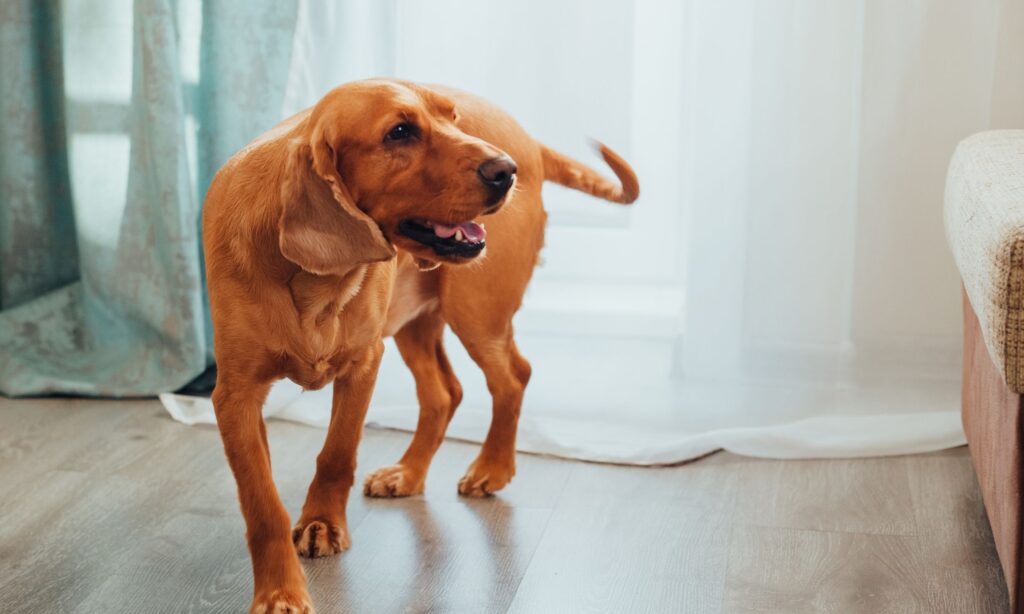

Tip #4: Identify if it’s submissive urination
Submissive urination is a subconscious and physical response that happens whenever a dog feels excited or scared. It’s normal for young dogs, and they usually grow out of it by the time they reach one year of age. But it also occurs in adult dogs. Fortunately, there are a lot of prescription and non-prescription remedies you can talk about with your vet.
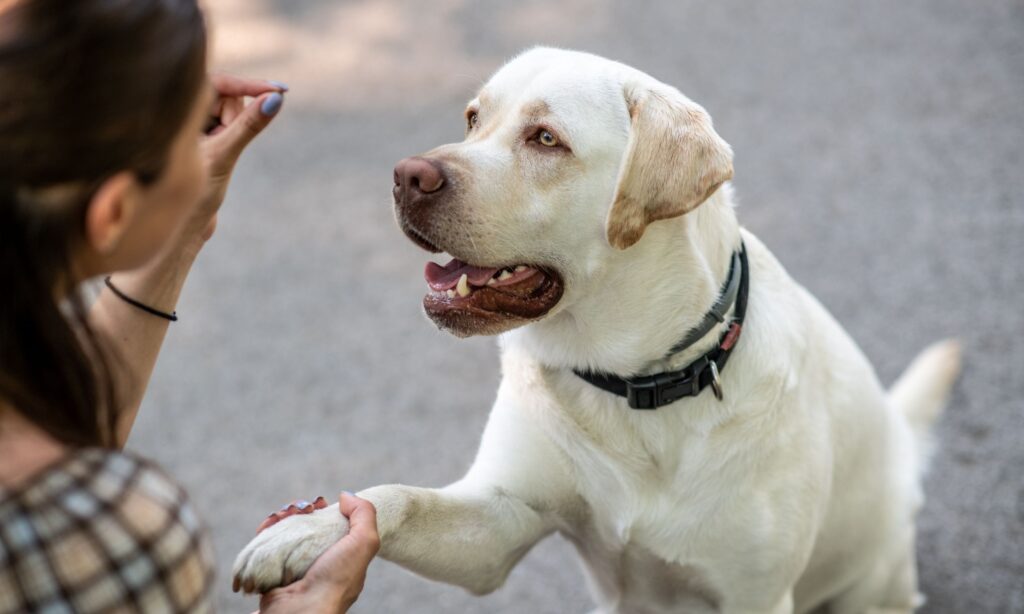

Tip #5: Apply positive reinforcement
Positive reinforcement may be the key to successful potty training. Reward good behavior by including food treats, praise, their favorite toys, and plenty of ear scratches. They will most likely respond by repeating the behavior when given a reward. Scolding them or any other form of punishment can only backfire in a big way. Positive reinforcement can change your dog’s behavior and encourage him to pee in the right places.
Whether they may be behavioral or medical, getting to the bottom of why your dog is having urination issues can go a long way toward permanently ending this behavior.


